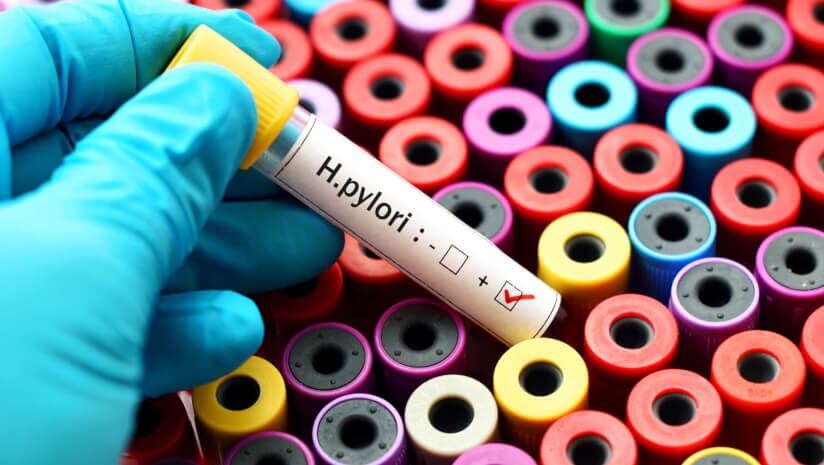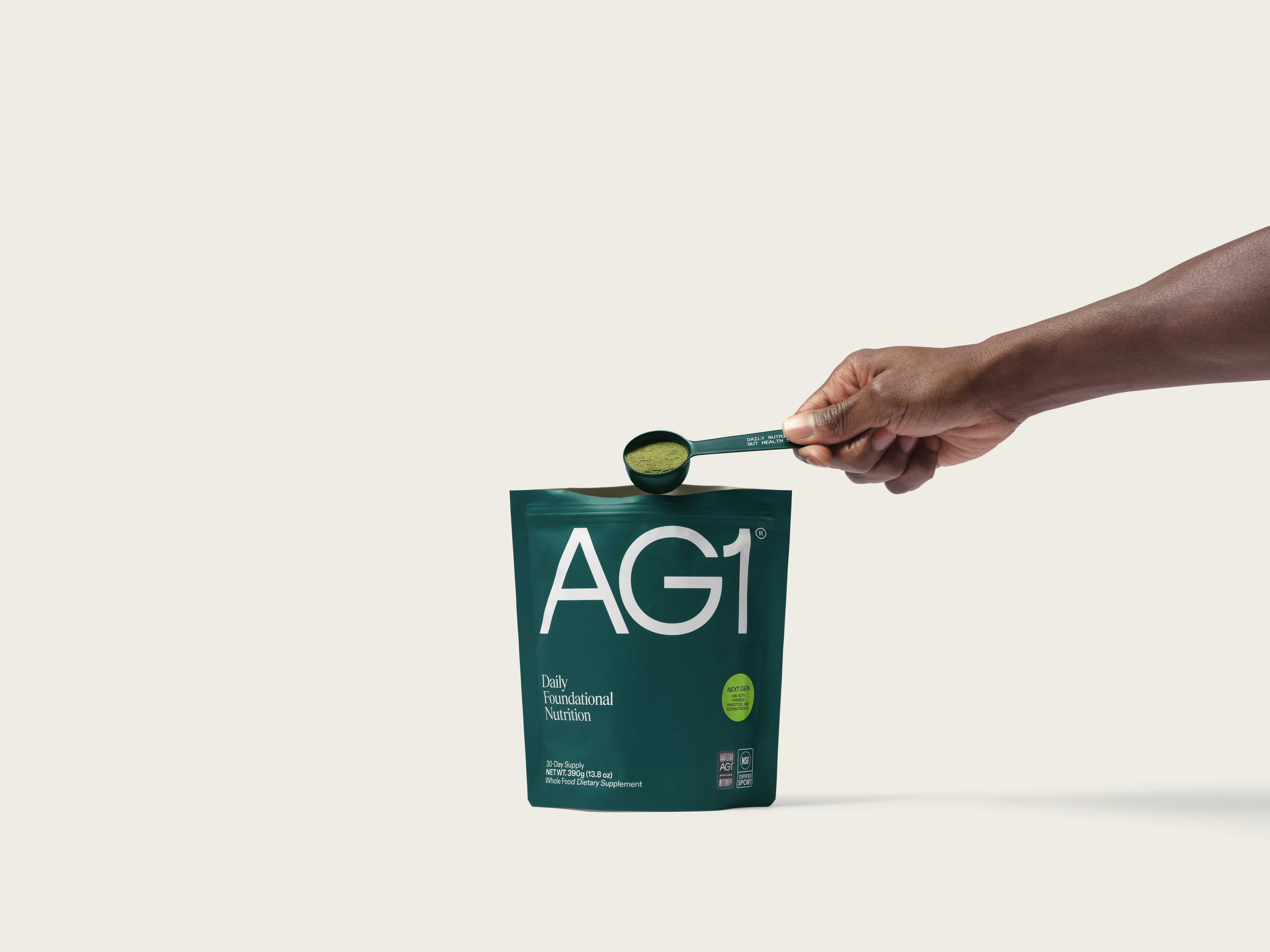Writing in the Journal of Health, Population and Nutrition, researchers from Beijing Luhe Hospital, Capital Medical University in China examined data from the 1999-2000 U.S. National Health and Nutrition Examination Survey (NHANES).
Their analysis suggests that increased consumption of dietary vitamin B2 (riboflavin)—found in foods including yogurt, eggs, lean meats and some vegetables—is associated with decreased rates of seropositivity for the gut-altering Helicobacter pylori (H. pylori) bacterium.
“Our research seeks to fill a substantial gap in the existing knowledge of the connection between dietary vitamin B2 consumption and seropositivity for H. pylori,” the researchers wrote. “Our findings provide information on the potential connection between a lack of vitamin B2 and the likelihood of being seropositive for H. pylori, a relationship that has not been thoroughly explored previously.”
B2 deficiency and H. pylori
The H. pylori bacterium causes stomach infections and is linked to digestive disorders, including peptic ulcer disease, gastritis and gastric tumor.
An estimated 50% of people globally experience the infection, though that figure is higher in places like Jordan, Guatemala, Colombia, Nicaragua and Ecuador.
Scientists are studying the impact that micronutrient consumption has on H. pylori. Vitamin B2, also known as riboflavin, is important for maintaining health, but B2 deficiency can result in gastrointestinal problems, cognitive abnormalities, skin diseases and metabolic diseases.
Study details
In the NHANES-based study, the researchers conducted in-person interviews with participants, who completed two 24-hour dietary recalls and a follow-up interview by phone or mail 3-10 days later. Vitamin B2 intake was assessed from low to high levels in the 2,859 participants selected for the H. pylori study.
The scientists measured H. pylori antibody levels by collecting blood samples from participants, which were later tested at Wampole Laboratories in Cranbury, New Jersey and analyzed at the University of Washington. Based on the results, participants were classified as either seropositive or seronegative. The study also considered additional data, including demographic and health information.
Among the analyzed samples, 1,257 participants tested positive for H. pylori infection.
“The group that tested positive for IgG to H. pylori was older, had lower levels of education, income, higher BMI, higher rates of smoking and diabetes, and lower levels of dietary vitamin B2 compared to the group that tested negative for H. pylori antibodies,” the researchers explained.
This study found a negative relationship between the amount of vitamin B2 consumed through diet and the likelihood of having H. pylori.
“Our study has significant implications for clinical practice, research endeavors and health policy,” the researchers wrote. “These results emphasize the importance for increased attention to vitamin B2 consumption in future investigations.”
Source: Journal of Health, Population and Nutrition. doi: 10.1186/s41043-025-00815-4. “Correlation between dietary vitamin B2 intake and helicobacter pylori infection in US adults: a cross-sectional study”. Authors: Yingxiu Huang et al.



